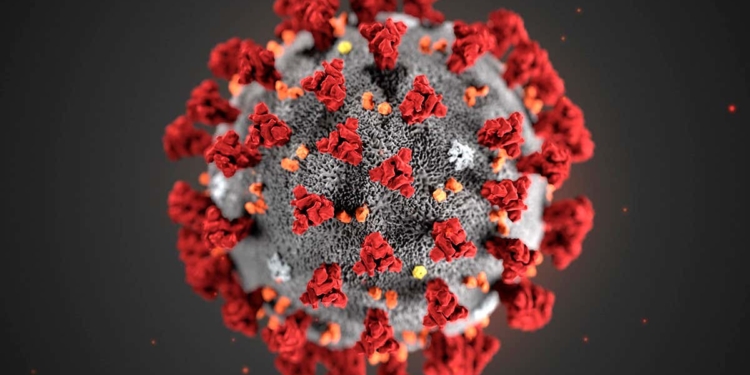Media specialists have expressed worries over the impact of COVID-19 on the activities of the media industry; broadcast and print across the country.
Expressing worries during a twitter media chat organized by Media right Agenda and BONews service, with the theme “Ensuring the Survival of the Media in the Face of a Global Pandemic – The Role of Governments”, the professionals expressed worries that the current economic situation might bring about Government interference in the activities of the media .
While the media specialists all agreed that the media had been struggling prior to the entrance of COVID-19 pandemic into the country, they however noted that the pandemic had further worsen the state of media practitioners and journalists across the country.
Speaking during the chat was Ted Iwere the Managing director of SME Media Limited who explained that the complete absence of activities took a direct hit on the media.
“With limited or complete absence of commercial activities in the private and public sectors, the media took a direct hit. It was struggling in the best of times. Things just got worse under COVID,” he said.
Also Speaking on the impact of the COVID-19 pandemic on the media was Toun Okewale- Sonaiya the MD/CEO of Women Radio, she pointed out that a lot of media practitioner lost their means of livelihood as a result of the pandemic.
“A lot of our media colleagues lost their means of livelihood. Employers are struggling. Nigerian traditional media is sinking. Media is at the frontline of Covid-19 and needs help. Without the media, there’s no news. Let’s remember the media broke news on COVID19,” she said.
Dapo Olorunyomi the publisher of Premium Times who also spoke during the twitter chat pointed out that not only has the pandemic given the law enforcement agencies the discretion to abuse journalists he further said that it has made it difficult for the media to generate revenue from events.
“It is fair to say it has given law enforcement agencies discretion to abuse journalists and certainly it has tightened the screw in the ability of the media to generate revenue through events, circulation and advertising among other things,” he noted.
Mr. Olorunyomi who further emphasized on the impact of COVID-19 pandemic on the media revealed that the pandemic had affected the capacity of journalist to do good storytelling because of lack of access to sources.
He said: “It has affected the capacity to do good storytelling because the access to sources are more problematic, it has raised human rights challenges especially with regards to the privacy rights of patients.”
Proffering Solution to the heavy impact of COVID-19 on journalism practices, Mrs. Okewale suggested that provision of basic social amenities like power supply and good road will go a long way in reducing the impact of the pandemic
“Providing uninterrupted power will be better. At Women Radio, we spend an average of 250k Nigerian naira weekly on diesel. Arepo road & Longbridge on Lagos/Ibadan expressway are death traps. Fixing these basic amenities are more useful.
“The government should focus more in providing an enabling environment to allow for professionalism. This is what the media need” she said.
Mrs. Okewale further added that bailouts in form of grant and soft loans were inevitable to help the media survive the impact of the COVID-19 pandemic.
“Bailouts in form of grants and soft loans are inevitable in developed climes. I hope Nigerian government understands the need to intervene now more than before without interference, “she added
Also suggesting a way out from the current state that the COVID-19 pandemic had kept the media, Mr. Olorunyomi said that radical fiscal reforms will be required.
He said: “it is a more elaborate conversation which cannot be easily summarised. It will include radical fiscal reforms, significant waivers on imports of machineries and tools, broadband access and creating an environment for innovation”

